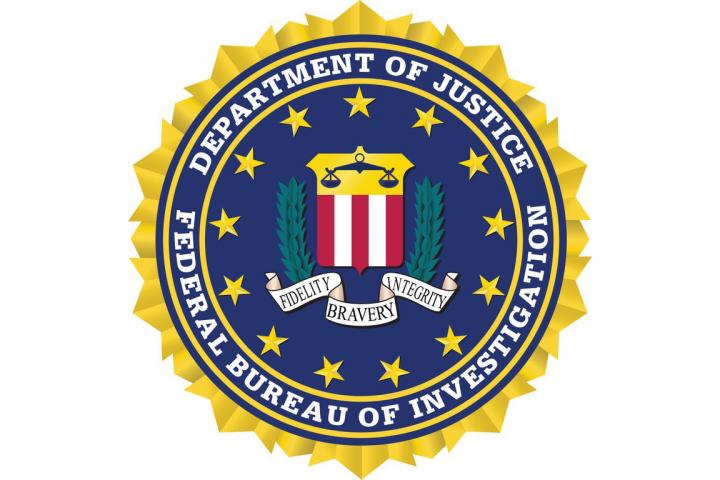- Total recorded hate crime incidents increased slightly from 7,120 incidents in 2018 to 7,314 incidents in 2019.
- Religion-based crimes increased 16%, from 1,419 in 2018 to 1,650 in 2019.
- 0.03% were anti-Hindu (7 offenses, down from 14 the year prior).
- Hate crime murders highest ever recorded with 51 victims, double last year’s record.
- Reported hate crimes against LGBTQ and Hispanic communities increased, by 2% and 9% respectively.
- 15,588 law enforcement agencies across the country participated in the Hate Crime Statistics Act program and voluntarily provided data to the FBI. However, 451 law enforcement agencies dropped out of the program from last year.

FBI Hate Crime Report 2019 Takeaways
Today, the Federal Bureau of Investigation released the 2019 Hate Crimes Statistics Report which compiles bias-motivated incidents throughout the nation on an annual basis. The 2019 data, submitted by 15,588 law enforcement agencies (roughly 85% of all those in the nation), provides information about the offenses, victims, offenders, and locations of hate crimes in the US.
According to the FBI report, last year there were 7314 criminal incidents and 8559 related offenses motivated by bias toward race, ethnicity, ancestry, religion, sexual orientation, disability, gender, and gender identity. In 2018, 7120 hate crimes were reported.
Of those, seven incidents were reported as “Anti-Hindu”, about 0.3%. That is a 50% decline from the fourteen incidents in 2018.
In 2019, the FBI’s report found 57.6% of victims were targeted because of the offenders’ race/ethnicity/ancestry bias; 20.1% were targeted because of the offenders’ religious bias; 16.7% were victimized because of the offenders’ sexual-orientation bias; 2.7% were targeted because of the offenders’ gender identity bias; 2.0% were victimized because of the offenders’ disability bias; and 0.9% were victimized because of the offenders’ gender bias.
Of the types of crimes committed, 51 murders were motivated by hate, more than double those reported in 2018.
It is noteworthy that 451 law enforcement agencies dropped out of the DOJ’s Uniform Crime Reporting (UCR) Program last year, a significant decline from the 110 law enforcement agencies that dropped out the year prior.
“While we are pleased to know that last year fewer Hindu Americans were a target of hate crimes, we remain troubled at the growing rate of hate crimes reported, and the violent nature of those crimes. This increase in crimes reported occurred despite knowing that fewer agencies participated, meaning the number of unreported crimes is probably much higher,” stated HAF Managing Director Samir Kalra, Esq. “That big unknown, how many hate crimes goes unreported every year, is only getting bigger, which naturally provides an environment for people motivated with hate to act on that hate,” Kalra said.
Beyond gaps in reporting, the FBI data does not represent a complete picture of the extent of hate crimes faced by Hindu Americans. Many bias incidents, for instance, involving Hindu victims may not be recorded under the anti-Hindu category due to mistaken identity, while others may be conflated with racial or ethnic identity and consequently categorized under a racial/ethnic category instead.
As the 116 Congress is set to finalize their legislative work for the remainder of its term, HAF calls again on Congress to immediately schedule the Jabara-Heyer NO HATE Act (S.2043/H.R.3545) for a vote.
HAF has worked on the prevention of hate crimes, enforcement and strengthening of US federal and state anti-hate crimes laws, and community/temple security measures since our founding in 2003.
HAF also led the successful effort in 2013 to have “Hindu” added as a religious category to the FBI’s report and is working to help track incidents of identity-based or bias-motivated intimidation, threats, harassment, and violence being experienced in our communities through its Anti-Hindu Hate Incident Form.





































